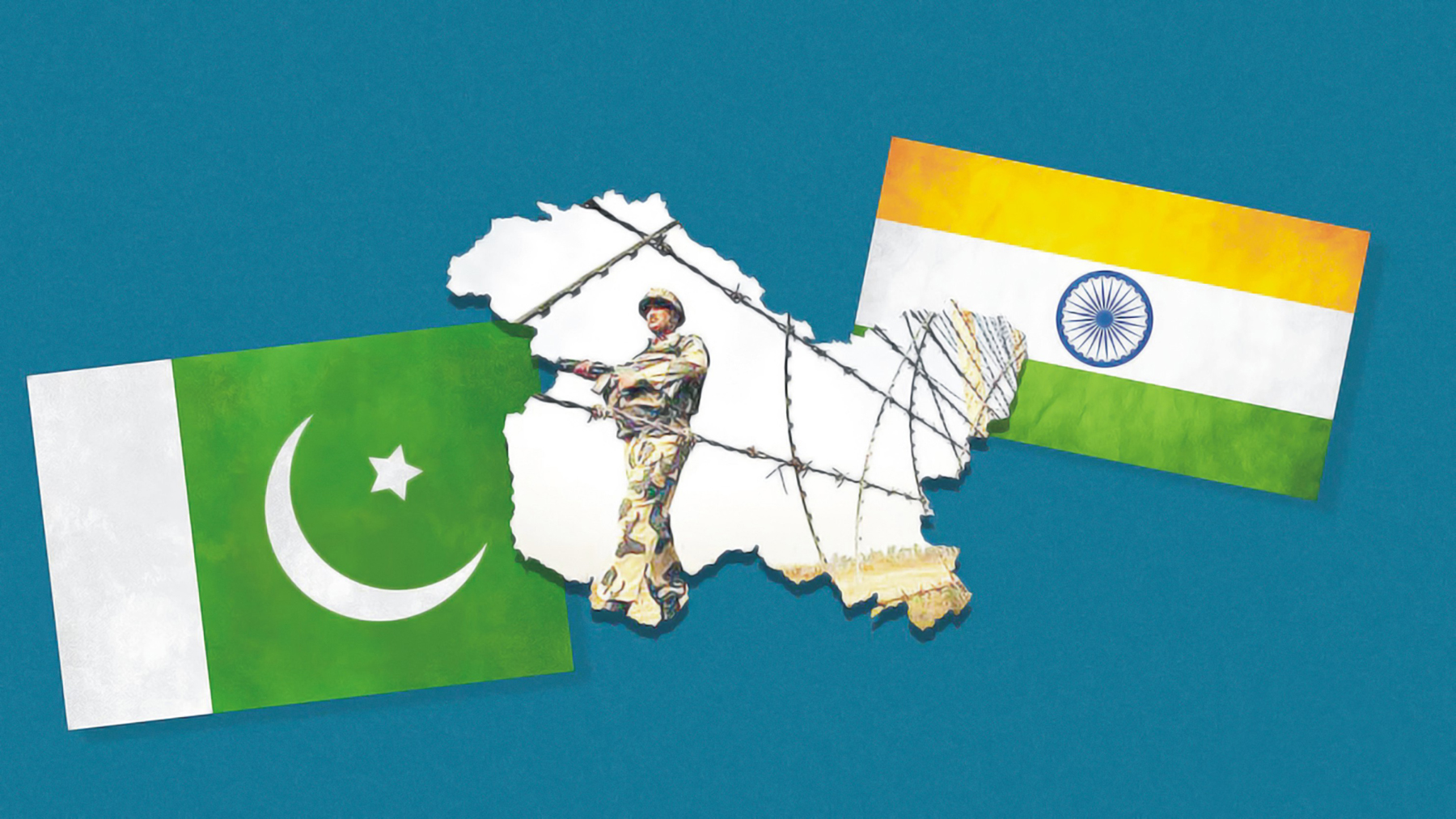SYED SAMIULLAH HASHMI, RESEARCH OFFICER RABITA FORUM INTERNATIONAL (RFI)
Pakistan’s foreign policy on Kashmir has been very consistent and balanced in some aspects, but there are many aspects in which there is a serious lack of uniformity and determination. The fact that Pakistan proposes and backs the only peaceful solution to the Kashmir conflict respecting the demands of the Kashmiri people while keeping in mind UN conventions and resolutionshas consistently been praised around the globe.
However, Pakistan’s ties with India have suffered a number of setbacks in this regard. Although it is true that India has not acknowledged the right of Kashmiris to vote and has not accorded importance to the UN resolutions in this respect, but Pakistan has also been unfortunately unable to maintain the same consistency in its strategies to successfully handle the issue at hand.
When the heroic hearts destroyed Indian fantasies about Kashmir in 1948, we returned to a ceasefire at the request of Jawaharlal Nehru. Nehru promised to uphold Kashmiris’ right to self-determination, but then backtracked on excuses. Operation Gibraltar and Operation Grand Slam were carried out under Ayub’s reign, although neither was successful.
But, according to Qudratullah Shahab, we squandered the opportunity to attack in 1967, during the Sino-Indian conflict. In contrast to that, evaluating Nawaz Sharif’s three terms reveals a friendly hand of goodwill towards India. but it also went in vain every time because whenever Pakistan initiated a dialogue for reconciliation, skirmishes, wars, explosions, and attacks in the Indian territory happens, which consequently ends with severity in the relationships between the two countries. Additionally, the diplomatic road gets blocked because India frequently accuses Pakistan of being responsible for all adverse events that occur on her soil. Pakistan’s policy is incompatible throughout the entire episode of the narrative. We often remain at the mercy of Indian attitude. We have not adequately implemented our policy, nor have we picked a single course of action.
When we need to be hawks, we transform into doves. On the other hand, if we examine Indian policy, we can observe enormous adventurism. They have a strong sense of ownership over Kashmir and have been working hard to seize control of the region since day one. One of India’s staggering attempts to include Kashmir in her constituency was the presidential order of August 5, 2019.
Though the attempt hasn’t got acceptation around the world and Pakistan is persistently condemning it but India seems very determined in perusing her wicked goals. In order to project a feeling of normalcy in the current situation, India opted to host the third G-20 tourism working group conference in Srinagar. She hasn’t been able to do this because of the boycotts by China, Turkey, Saudi Arabia and other countries after Pakistan’s position on the matter, but Indian intransigence and arrogance are still at their pinnacle.
J. Shankar even asserted that Pakistan has no link to the G-20 and Kashmir, indicating that they are still seeking to advance for the confirmation of their heinous expansion to the area in the future. Now Pakistan must figure out how to handle the situation and put India on the offensive lines because, if Pakistan does nothing extraordinary, it is likely that the land will fall into Indian control and I think no one is oblivious of the fact that Kashmir is like a lifeline for Pakistan. Kashmir at any cost cannot be allowed to fall under the hostile occupation of India. Additionally, In order to force India to get back of her harsh stand and come to the table for a sustainable solution to the issue, Pakistan must exert strong efforts at all levels. A failure to do so would imply that we have not only forgotten the sacrifices made by our prior generation but also that we have restrained the hands of the subsequent generation.


